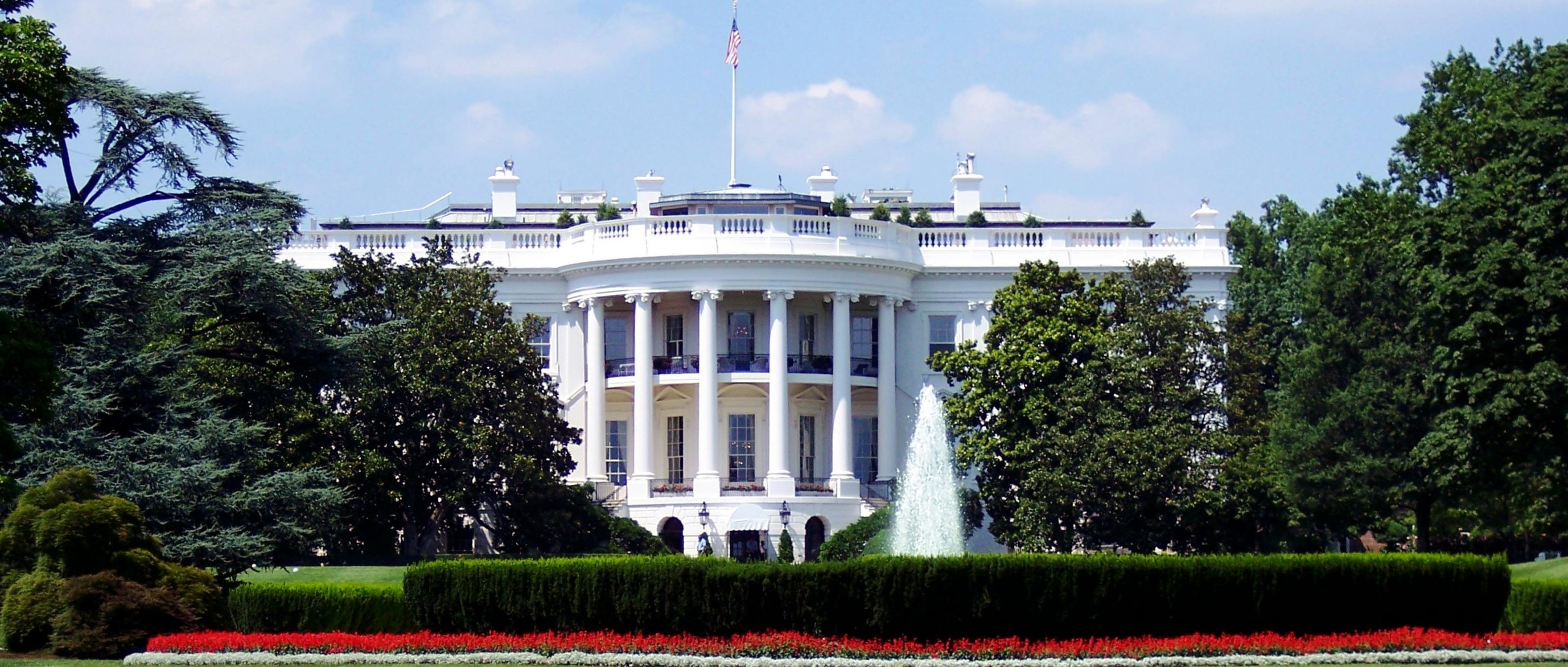Tuesday 5 November promises to be an important day. The American elections will take place and they have rarely been more exciting than they are now. Candidates Harris and Trump are so close that the results may take a few days. As soon as the results are in, it will become clear which political course the US will take. There is a lot at stake for international trade, because the difference between the proposed policies of Trump and Harris is enormous. In this article we explain both scenarios - and their consequences.
Trump wins
Donald Trump is a great advocate of higher import tariffs. During his first term of office (2016-2020), Trump pursued a protectionist policy that resulted in difficult trade relations with Europe and China. Now one of the spearheads of Trump's campaign is a higher general import tariff of 10% on foreign goods. Such a policy would seriously damage world trade and would also lead to counter-reactions from other countries.
Inflation in the US would therefore increase and we would notice the consequences in the Netherlands. If Trump introduces a general import tariff of 10%, it will cost the Dutch economy 10 billion euros in lost turn over. That is the equivalent of 500 euros per Dutch citizen per year. The question is whether Trump will actually introduce such a high tariff, because he often uses strong language to give himself a strong negotiating position. However, even with lower import tariffs than he now advocates for, the consequences will still be noticeable.
Inflation will increase because the EU would also introduce import tariffs in response to the American measures. Wages will not immediately increase with inflation, which will reduce the purchasing power of households. Dutch companies will invest less due to the greater trade restrictions and at the same time their trade volume will decrease. In the long term, this will lead to a decrease in export volume worth 12 to 24 billion euros.
Harris wins
Kamala Harris stands for a more moderate economic policy. She sees little point in further increasing import tariffs. However, she will not reverse the protectionist policy of recent years. As vice president under Joe Biden, Harris was part of an administration that firmly protected American industry through the Inflation Reduction Act. Moreover, there is broad support in the US for aggressive economic policy towards China.
It is even quite possible that Harris will introduce a number of import tariffs in the course of 2025 to achieve the American climate goals. The EU will then also respond with countermeasures, but because this concerns a limited number of levies, the impact will remain small. Compared to an election victory by Trump, the economic consequences of the Harris scenario are many times smaller.
Conclusion
Import tariffs have more disadvantages than advantages. They lead to higher inflation, lower purchasing power and to fewer investments and exports. If Donald Trump emerges as the winner next week, this would have far-reaching consequences for world trade. Dutch trading companies will also notice this. On the other hand, international trade will not really benefit from an election victory for Harris, because American protectionism will probably remain the same. But Harris' moderate policy will not substantially harm world trade.


